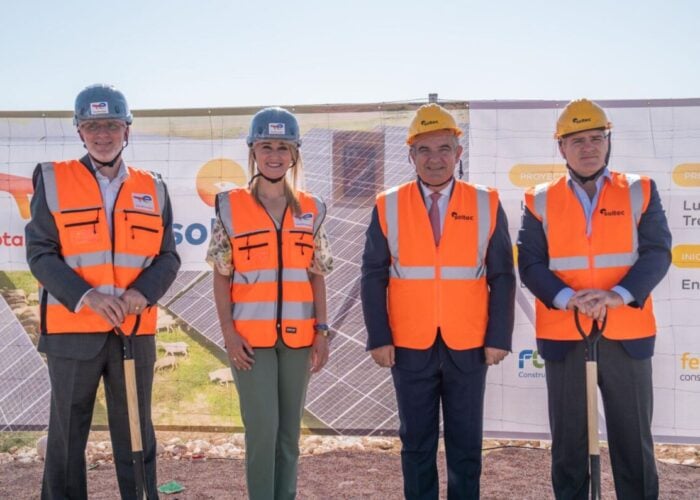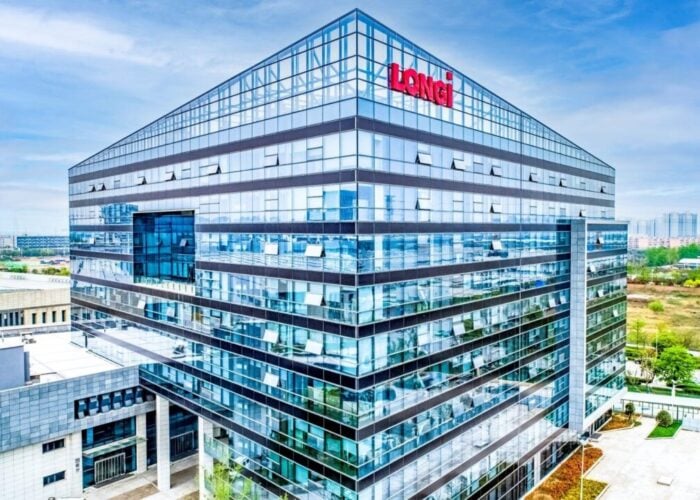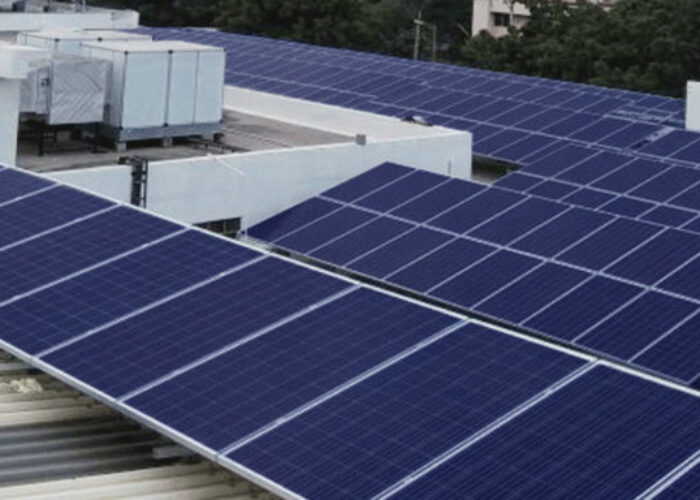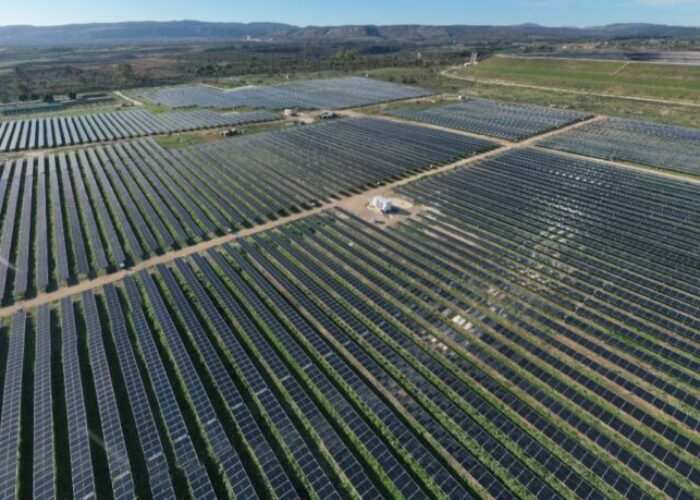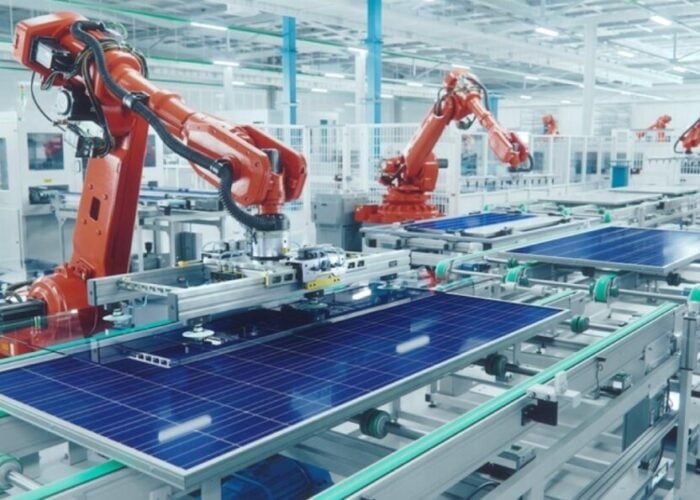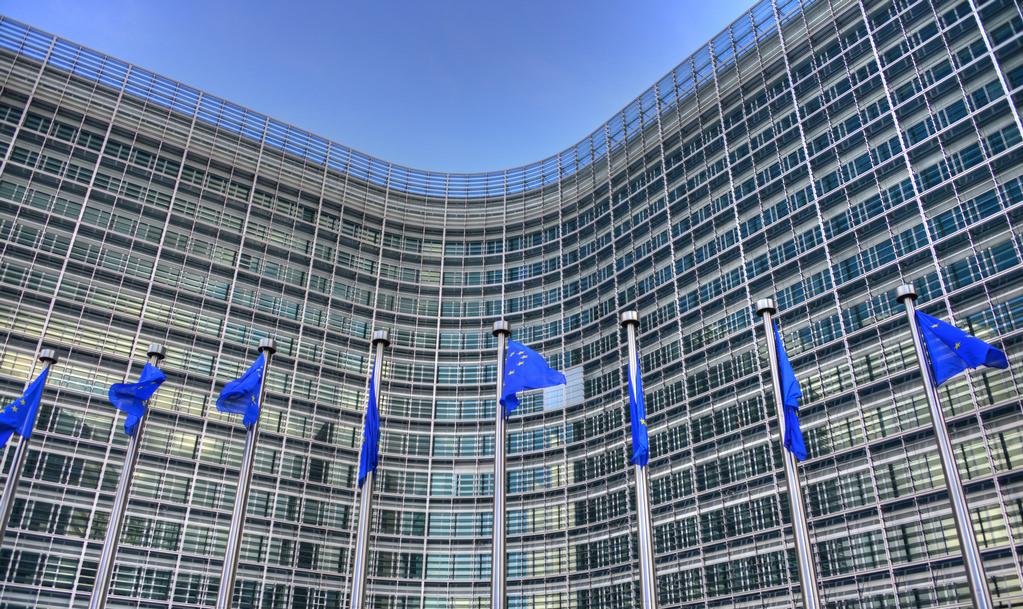
The European Commission (EC) has approved a €1 billion (US$1.1 billion) Portuguese state aid scheme to support investments in the production of renewable energy equipment.
Among the equipment that will be open to receive direct grants are solar panels, batteries and electrolysers. Key components designed and primarily used as direct input for the production of such equipment or related critical raw materials necessary for their production will also be open to receive the funding.
Unlock unlimited access for 12 whole months of distinctive global analysis
Photovoltaics International is now included.
- Regular insight and analysis of the industry’s biggest developments
- In-depth interviews with the industry’s leading figures
- Unlimited digital access to the PV Tech Power journal catalogue
- Unlimited digital access to the Photovoltaics International journal catalogue
- Access to more than 1,000 technical papers
- Discounts on Solar Media’s portfolio of events, in-person and virtual
The EC highlighted that Portugal’s scheme is in line with the EU’s Green Deal Industrial Plan and was approved under the Temporary Crisis and Transition Framework (TCTF), which was adopted in March 2023.
The TCTF provides aid for measures to accelerate the rollout of renewable energy, measures that facilitate the decarbonisation of industrial processes and measures that accelerate investment in key sectors for the transition towards a net-zero economy.
The grants will be in place until 31 December 2025.
Margrethe Vestager, executive vice-president in charge of competition policy at the EC, said: “This €1 billion Portuguese measure supports investments in strategic equipment to accelerate the transition to a net-zero economy. This includes batteries, solar panels, heat-pumps, wind turbines, electrolysers and carbon-capture usage and storage.”
The approval from the EC comes only a few weeks after it approved a similar one in Poland with a €1.2 billion state aid scheme. Since the adoption of the TCTF, several other countries have had manufacturing or similar schemes aimed at supporting the shift to a net-zero economy approved. Last year, Hungary had a €2.36 billion scheme to accelerate investment towards renewables manufacturing approved, while earlier this year, France had a €2.9 billion aid scheme to support investment in green industries. Finally, in April this year, Germany received approval for a €2.2 billion scheme to support investment in decarbonising industrial processes.
In a similar way, Spain and the Netherlands have been moving forward with incentive schemes for renewables and energy storage manufacturing. Spain recently published the regulatory basis for its €750 million scheme, which uses funds provided through the country’s recovery and resilience plan. Whereas the Netherlands launched, in February 2024, a new subsidy to support domestic manufacturing of solar panels, batteries and electrolysers.


